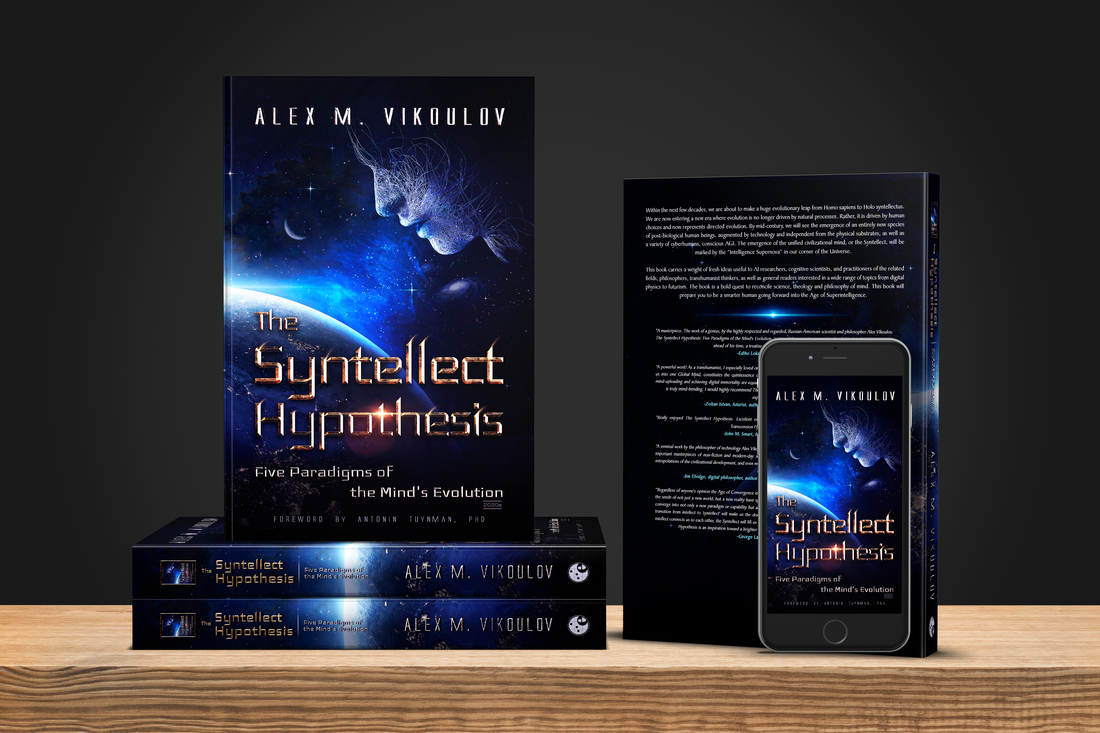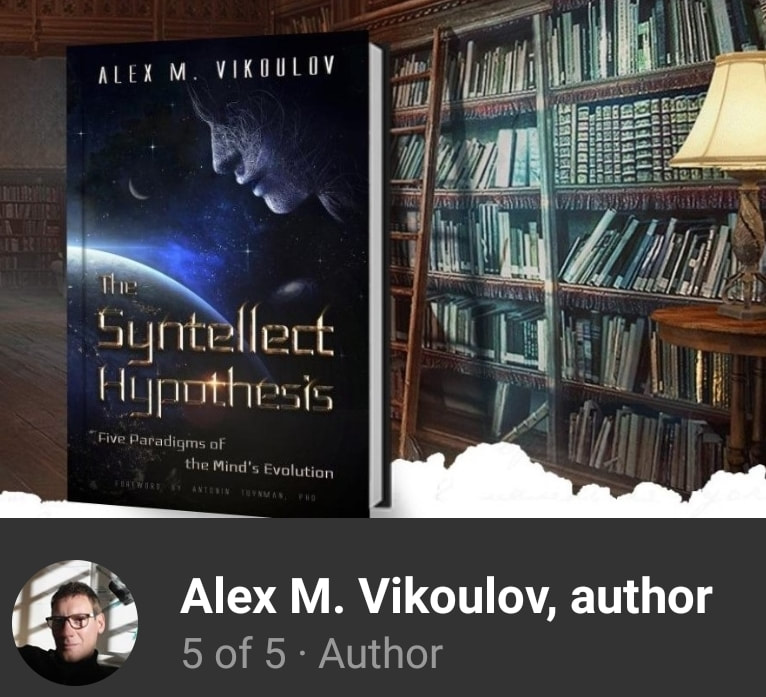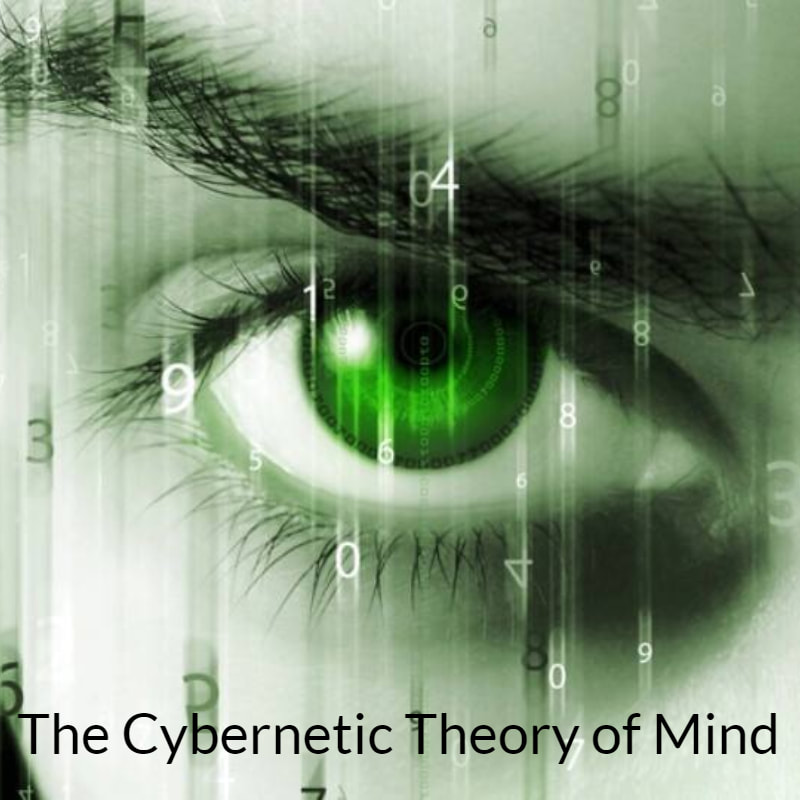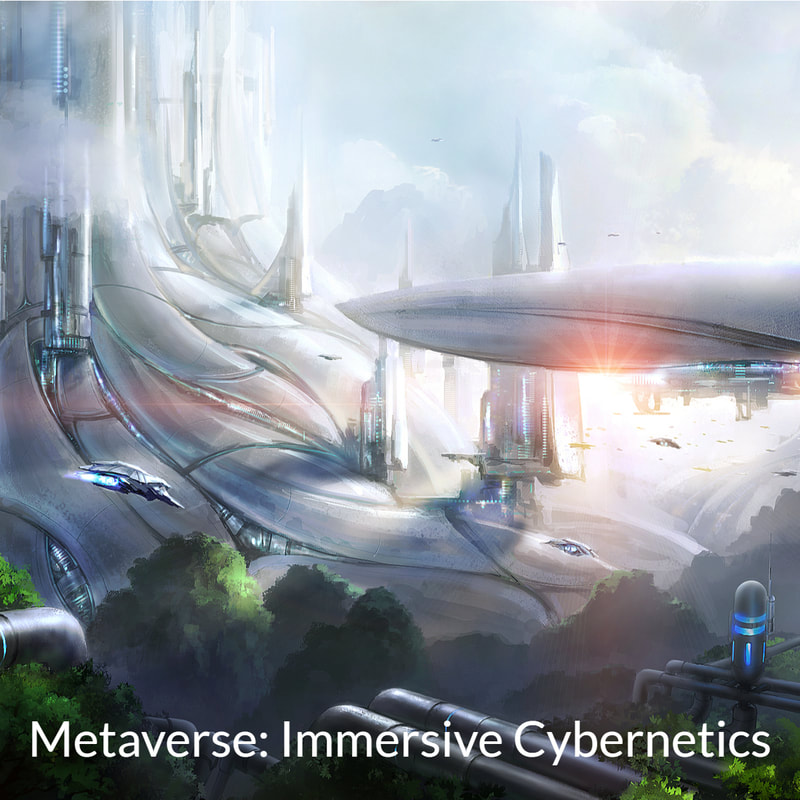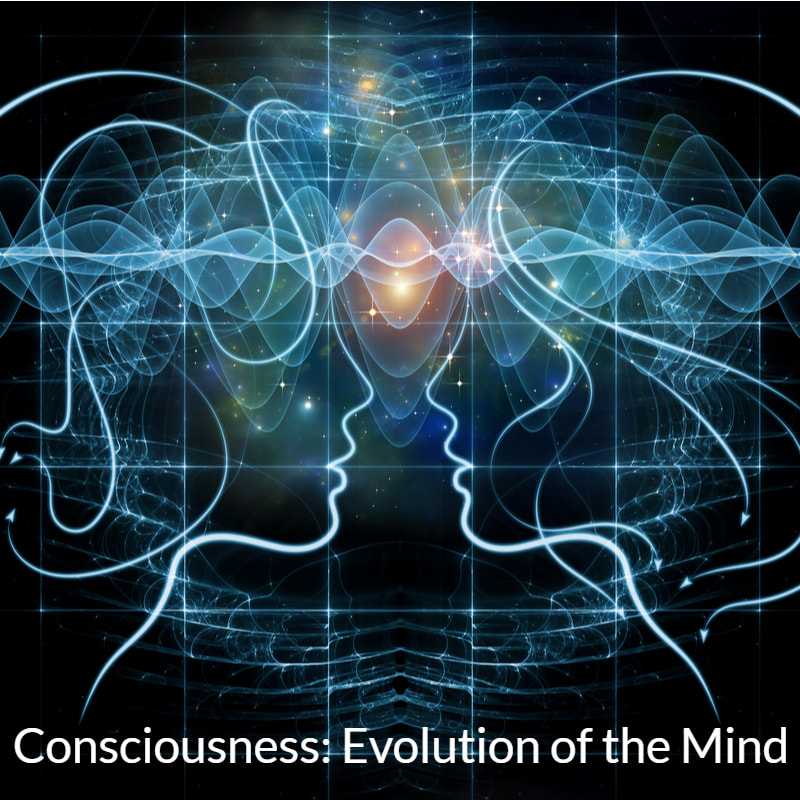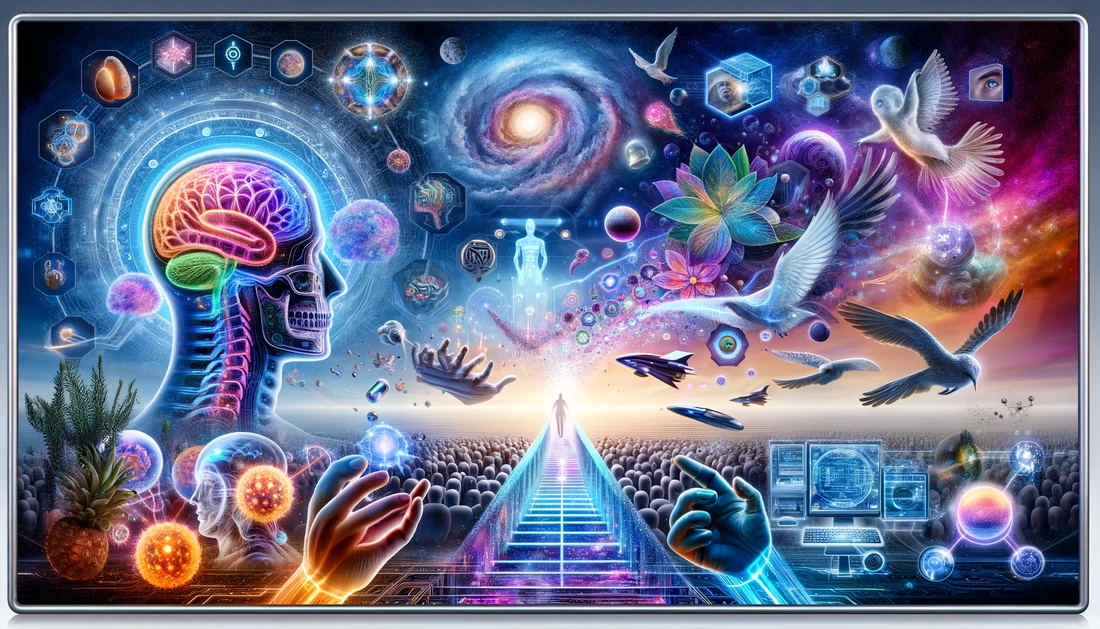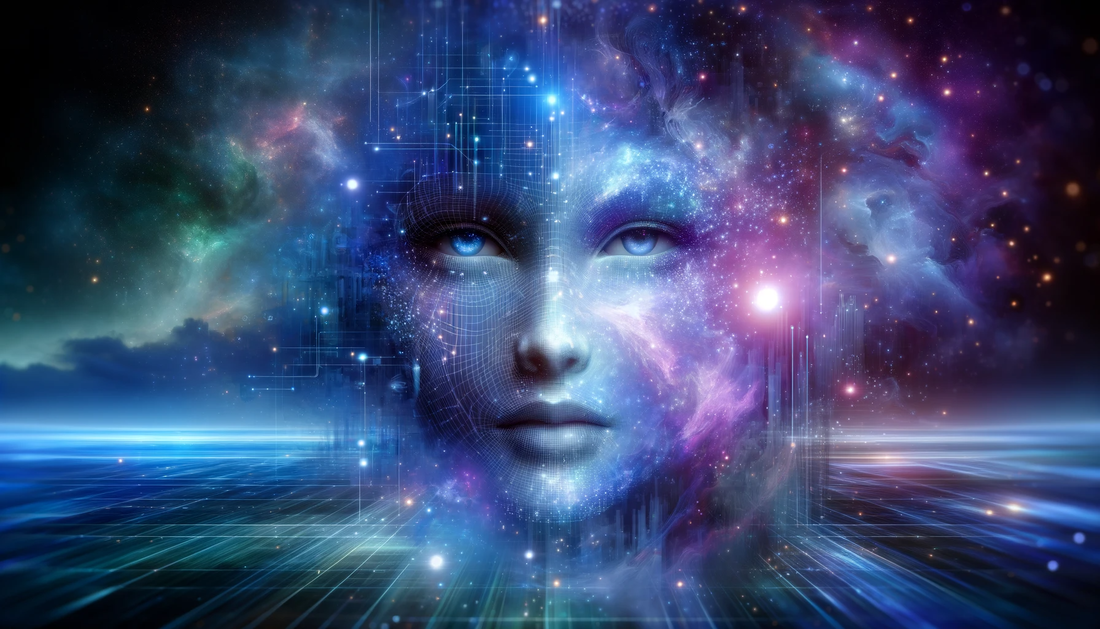|
by Alex Vikoulov "Basic income is not a utopia, it's a practical business plan for the next step of the human journey." -Jeremy Rifkin Unconditional Basic Income (also called basic income guarantee or social dividend) is a system of social security in which all citizens or residents of a country regularly receive an unconditional sum of money from a government regardless of any other income. Pilot programs have been introduced in a number of European countries and aimed at replacing outdated bureaucratic welfare systems altogether. Recently, Elon Musk had the chance to share his thoughts on Universal Basic Income (UBI) at the World Government Summit in Dubai. Musk argues that the government must introduce a UBI program in order to compensate for automation. Such program could boost productivity, encourage creativity, improve health, alleviate poverty, reduce crime, raise education, improve quality of life, and interestingly enough, stimulate economy as more money will be spent by an average consumer as well as serve as a "cushion" against future economic downturns due to the cyclical nature of capitalism. Every time I buy groceries or airtickets, I pay a sales tax for the semi-automated infrastructure that we all enjoy in our capitalist economy. What most people don't realize though is that there's one particular segment of the U.S. economy which has been fully automated for years now -- financial markets, more specifically electronic stock market. Wall Street firms now trade their financial instruments via trading robots, or algorithmic programs, "algos." One second for a Wall St. algo is a "lifetime" in human terms. High frequency trading algos make millions per trading day at the expense of the investing public. Why? Because algos are programmed to react in nanoseconds to changing market conditions and news. In other words, the stock market is "rigged," as most investors and traders don't get favorable pricing and execution. The debate goes on for years now but I think it's about time to implement a small financial transaction tax on high frequency trading. After all, if everyone pays for our common economic infrastructure, why should Wall Street firms be exempt? The revenues collected from taxing industrial robots and Wall Street trading robots would be more than enough to pay for Universal Basic Income as preemptive measures against massive technological unemployment and social unrest. At some point, sooner than many people think, governments will be forced to implement UBI.* Video: Elon Musk at the World Government Summit in Dubai 2017 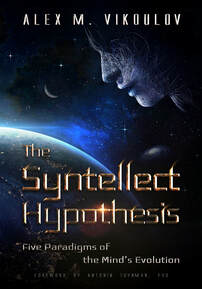 *Abridged excerpt from "The Syntellect Hypothesis: Five Paradigms of the Mind's Evolution" by Alex M. Vikoulov available now on amazon.com, audible.com, bn.com, and directly from EcstadelicNET webstore. On the way to abundance from classical capitalism to a post-scarcity, hypercollaborative economic model, where goods and services are produced at "near-zero marginal cost" in a new digital economy, UBI proponent Jeremy Rifkin argues that technological forces will inevitably displace employment but at the same time will create conditions for economic paradigm shift. Jeremy Rifkin is the principle architect of the European Union’s Third Industrial Revolution long-term economic sustainability plan, the bestselling author of twenty books on the impact of scientific and technological changes on the economy, the workforce, society, and the environment. According to Rifkin: “The Internet of Things will connect everything with everyone in an integrated global network. People, machines, natural resources, production lines, logistics networks, consumption habits, recycling flows, and virtually every other aspect of economic and social life will be linked via sensors and software to the IoT platform, continually feeding Big Data to every node — business, homes, vehicles — moment to moment, in real time. Big Data, in turn, will be processed with advanced analytics, transformed into predictive algorithms, and programmed into automated systems to improve thermodynamic efficiencies, dramatically increase productivity, and reduce the marginal cost of producing and delivering a full range of goods and services to near zero across the entire economy.”* Video: Jeremy Rifkin on UBI 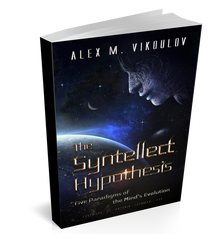 *Abridged excerpt from "The Syntellect Hypothesis: Five Paradigms of the Mind's Evolution" by Alex M. Vikoulov, available now on amazon.com, audible.com, bn.com, and directly from EcstadelicNET webstore. In an essay for the Green Institute, titled “A Universal Basic Income: Economic Considerations,” Frank Stilwell, a Professor Emeritus in Political Economy at the University of Sydney, writes that there’s an “inevitable uncertainty” surrounding UBI and its economic consequences, which all depend on how it’s implemented. Assessing the value of our collective inherited wealth would yield billions of dollars in cash to pay for UBI, while stimulating economy."Currently, those who benefit most from our socially built assets pay almost nothing to use them. But that needn’t always be the case. We could charge for using key components of our legal and financial infrastructure; for example, modest transaction fees on trades of stocks, bonds and derivatives could generate more than $300 billion per year. Such fees would not only generate income for everyone; they’d discourage speculation and help stabilize our financial system. Similar fees could be applied to patent and royalty earnings, which are returns not only to innovation but also to monopoly rights granted and enforced by society," says Stilwell. Microsoft Corp. founder Bill Gates also suggests that robots should be taxed in order to help finance social programs such as UBI: "Right now, the human worker who does, say, $50,000 worth of work in a factory, that income is taxed and you get income tax, social security tax, all those things. If a robot comes in to do the same thing, you’d think that we’d tax the robot at a similar level."* Video: Quartz - Bill Gates on taxing robots  *Abridged excerpt from "The Syntellect Hypothesis: Five Paradigms of the Mind's Evolution" by Alex M. Vikoulov, available now on amazon.com, audible.com, bn.com, and directly from EcstadelicNET webstore. Proponents of Universal Basic Income are becoming increasingly vocal about its implementation and for good reason -- robots are coming sooner than most people realize, thus displacing millions of jobs. Perhaps, the next round of Occupy Wall Street movement should be transformed into Tax Wall Street movement with the more clearly defined political agenda. -Alex Vikoulov P.S. That was an exclusive abridged excerpt from my book "The Syntellect Hypothesis: Five Paradigms of the Mind's Evolution," available now on Amazon, Audible, from Barnes & Noble, and directly from EcstadelicNET webstore. Tags: Elon Musk, Jeremy Rifkin, Frank Stilwell, Bill Gates, Universal Basic Income, UBI, technology unemployment, technology displacement, basic income, social dividend, tax Wall Street, tax robots, Occupy Wall Street, high frequency trading, Wall Street algos, financial transaction tax *Image Credit: Shutterstock About the Author: Alex Vikoulov is a Russian-American futurist, evolutionary cyberneticist, philosopher of mind, CEO/Ecitor-in-Chief of Ecstadelic Media Group, painter and media commentator, author of "The Syntellect Hypothesis: Five Paradigms of the Mind's Evolution," "The Origins of Us: Evolutionary Emergence and The Omega Point Cosmology," "The Physics of Time: D-Theory of Time & Temporal Mechanics," "The Intelligence Supernova: Essays on Cybernetic Transhumanism, The Simulation Singularity & The Syntellect Emergence," "Theology of Digital Physics: Phenomenal Consciousness, The Cosmic Self & The Pantheistic Interpretation of Our Holographic Reality," "NOOGENESIS: Computational Biology," "TECHNOCULTURE: The Rise of Man." Self-described neo-transcendentalist and transhumanist singularitarian. Lives in Burlingame, California (San Francisco Bay Area). More Bio... Author Website: www.alexvikoulov.com e-mail: [email protected]
2 Comments
3/3/2017 03:38:14 pm
Even if we end up with a smaller private sector workforce, robots increase productivity and so our society will be richer. Government must assure this new wealth is shared, and it can do so by hiring for work that robots can't do. In addition to renewing infrastructure, this might include expanded childcare, helping the sick and aged, and cleaning up the environment.
Reply
Good essay. There is also the 'tobin tax' which may be basically the same as what is proposed here.
Reply
Leave a Reply. |
Categories
All
Recent Publications The Cybernetic Theory of Mind by Alex M. Vikoulov (2022): eBook Series The Syntellect Hypothesis: Five Paradigms of the Mind's Evolution by Alex M. Vikoulov (2020): eBook Paperback Hardcover Audiobook The Omega Singularity: Universal Mind & The Fractal Multiverse by Alex M. Vikoulov (2022): eBook THEOGENESIS: Transdimensional Propagation & Universal Expansion by Alex M. Vikoulov (2021): eBook The Cybernetic Singularity: The Syntellect Emergence by Alex M. Vikoulov (2021): eBook TECHNOCULTURE: The Rise of Man by Alex M. Vikoulov (2020) eBook NOOGENESIS: Computational Biology by Alex M. Vikoulov (2020): eBook The Ouroboros Code: Reality's Digital Alchemy Self-Simulation Bridging Science and Spirituality by Antonin Tuynman (2019) eBook Paperback The Science and Philosophy of Information by Alex M. Vikoulov (2019): eBook Series Theology of Digital Physics: Phenomenal Consciousness, The Cosmic Self & The Pantheistic Interpretation of Our Holographic Reality by Alex M. Vikoulov (2019) eBook The Intelligence Supernova: Essays on Cybernetic Transhumanism, The Simulation Singularity & The Syntellect Emergence by Alex M. Vikoulov (2019) eBook The Physics of Time: D-Theory of Time & Temporal Mechanics by Alex M. Vikoulov (2019): eBook The Origins of Us: Evolutionary Emergence and The Omega Point Cosmology by Alex M. Vikoulov (2019): eBook More Than An Algorithm: Exploring the gap between natural evolution and digitally computed artificial intelligence by Antonin Tuynman (2019): eBook Our Facebook Pages
A quote on the go"When I woke up one morning I got poetically epiphanized: To us, our dreams at night feel “oh so real” when inside them but they are what they are - dreams against the backdrop of daily reality. Our daily reality is like nightly dreams against the backdrop of the larger reality. This is something we all know deep down to be true... The question then becomes how to "lucidify" this dream of reality?"— Alex M. Vikoulov Public Forums Our Custom GPTs
Alex Vikoulov AGI (Premium*)
Be Part of Our Network! *Subscribe to Premium Access Make a Donation Syndicate Content Write a Paid Review Submit Your Article Submit Your Press Release Submit Your e-News Contact Us
|


